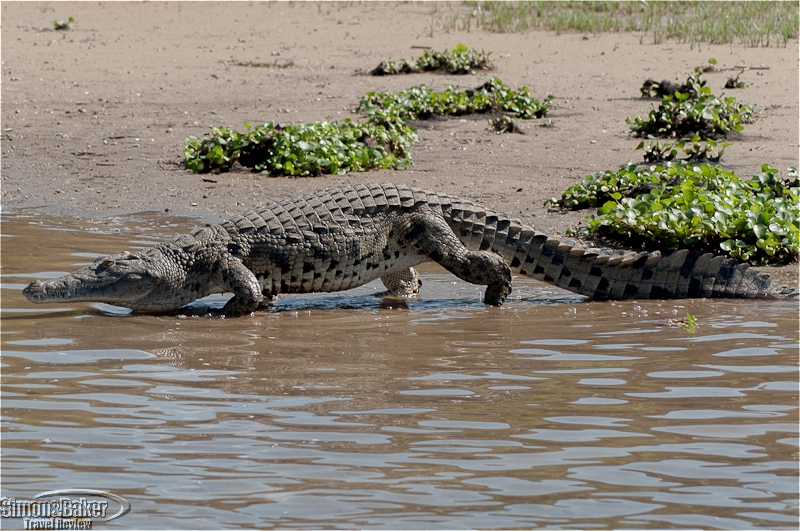
by Editor | Oct 1, 2013 | Africa, Malawi, Simon and Baker Travel Review
Malawi is a small landlocked country in southeast Africa (less than half the size of the United Kingdom) that had until recently attracted little notice from tourists. With its growing population exceeding 16 million living mainly in rural areas and its economy largely based on subsistence agriculture and international aid, it is one of the least developed nations in the world. However, this long, narrow wedge of granitic land shaped by the Great Rift Valley is home to spectacular vistas of rolling plateaus and mountainous regions dotted with wilderness reserves and national parks.
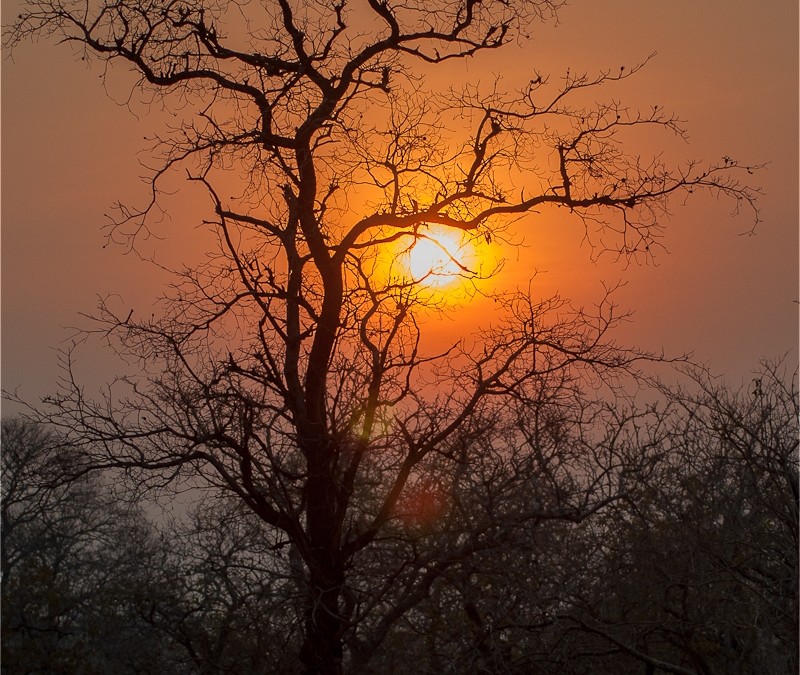
by Editor | Oct 1, 2013 | Africa, Majete, Malawi, Simon and Baker Travel Review
The Majete Wildlife Reserve in southern Malawi was a rare game viewing destination as yet mostly undiscovered by tourists. Originally proclaimed a protected area in 1955, the 70,000 hectare (270 square mile) swath of Africa’s Great Rift Valley in the lower Shire River had suffered such extensive poaching in the 1980s and 1990s that it had been all but written off as a wildlife reserve. In 2003, African Parks, an international nonprofit organization committed to the rehabilitation of Africa’s national parks took over the management of Majete. They have since methodically restored the park’s bio diversity and reintroduced over 2,500 animals including rare and endangered species. With the recent reintroduction of lions and leopards, Majete became the only Big Five park in the country. Nestled within a 7,000 hectare (27 square mile) private concession with exclusive tourism rights in one the most spectacular areas of the reserve, Mkulumadzi achieved a perfect balance of idyllic seclusion and first class accommodations in the repopulated wilderness area.
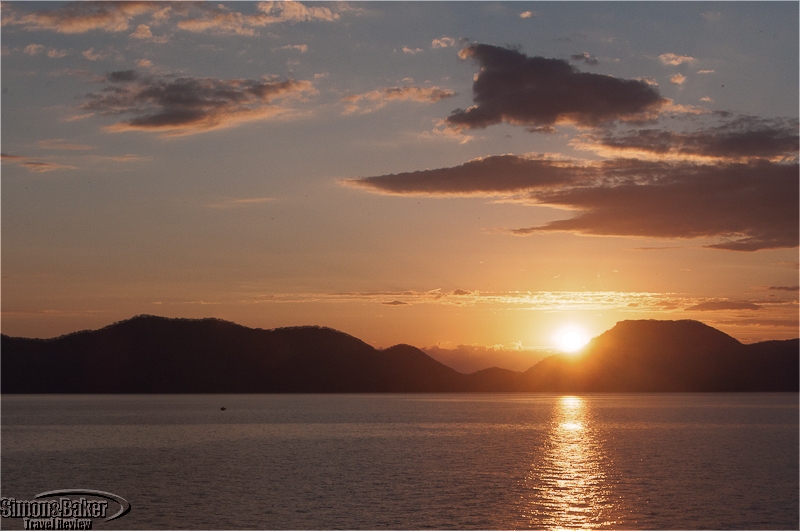
by Editor | Oct 1, 2013 | Africa, Lake Malawi, Malawi, Simon and Baker Travel Review
On rare occasions throughout my traveling life, I have come across a place so exceptional that I knew at first glance the experience would never leave me. Mumbo Island Camp was one such place. Located ten kilometers (six miles) offshore from Cape Maclear, in the heart of the 9,400 hectare (36.30 square mile) Lake Malawi National Park, a UNESCO World Heritage Center, the tiny island first appeared as a tumble of giant boulders rising straight up from the shimmering water. As we drew closer small reed and thatch chalets barely distinguishable from the tangle of trees began to materialize. We coasted to as stop at a wooden jetty to the warm welcome of camp manager Juliet Dahmen and her staff, and I set foot onto the most pristine tropical retreat I ever visited. The camp was located on two islands. The common areas were sitting just beyond the soft curve of a pretty golden sand beach on the main island. Meanwhile, a long wooden footbridge led to a granitic promontory jutting into the lake, where guest accommodations were perched at the edge of the rocks under a thick canopy of miombo woodland.
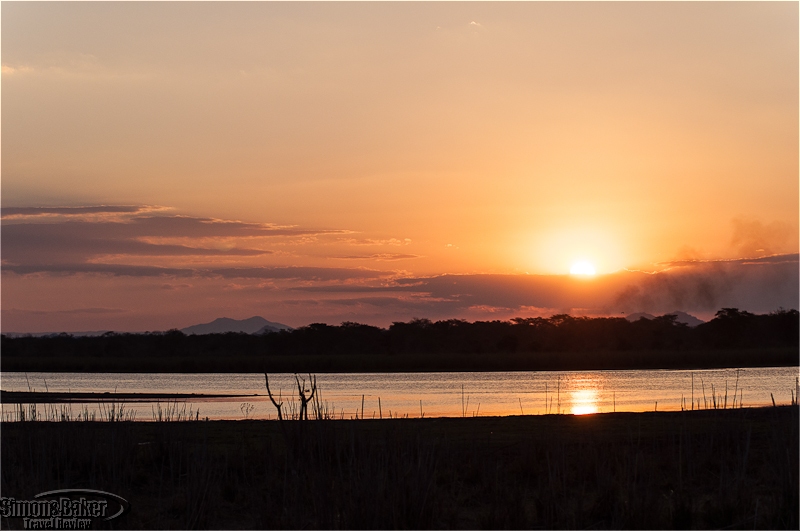
by Editor | Oct 1, 2013 | Africa, Liwonde, Malawi, Simon and Baker Travel Review
Stretched along the banks of the upper Shire River in southern Malawi, the 580 square kilometer (220 square mile) Liwonde National Park was known for its large population of hippos (mvuu in the local Tonga language). Located at the edge of a lagoon across the river from the park entrance, Mvuu Lodge could be reached only by boat. It immediately lived up to its name as we made our way across under the wary gaze of clustered periscope eyes from several hippo pods scattered around the water. Hippos were ubiquitous around the property as well, from large wooden sculptures in the lounge and guest tents to small beaded table ornaments.
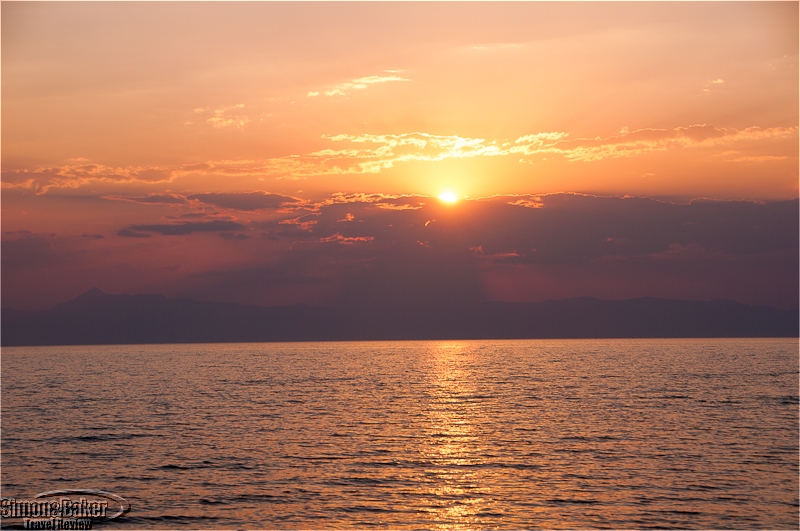
by Editor | Oct 1, 2013 | Africa, Lake Malawi, Malawi, Simon and Baker Travel Review
Located on the western side of Malawi’s Nankumba Peninsula, an area widely recognized as one of the most scenic around Southern Africa’s Lake Malawi, Pumulani was discretely tucked into a steep hillside. The only luxury property along the protected shores of the 9,400 hectare (36.30 square mile) Lake Malawi National Park and UNESCO World Heritage Center, Pumulani was designed by Dutch architect G. Hooft Graafland. In addition to a striking main lodge high on the hill and wide open to the endless lake vistas and the long aquamarine infinity pool below, he designed the property’s ten spacious rooms nestled into craggy granite outcrops around the hillside, each with a secluded private deck with lake views. Under their vegetal roofs of endemic grass meant to help offset their footprint and regulate their interior temperature, the rooms all but disappeared within their lush forest surroundings.




